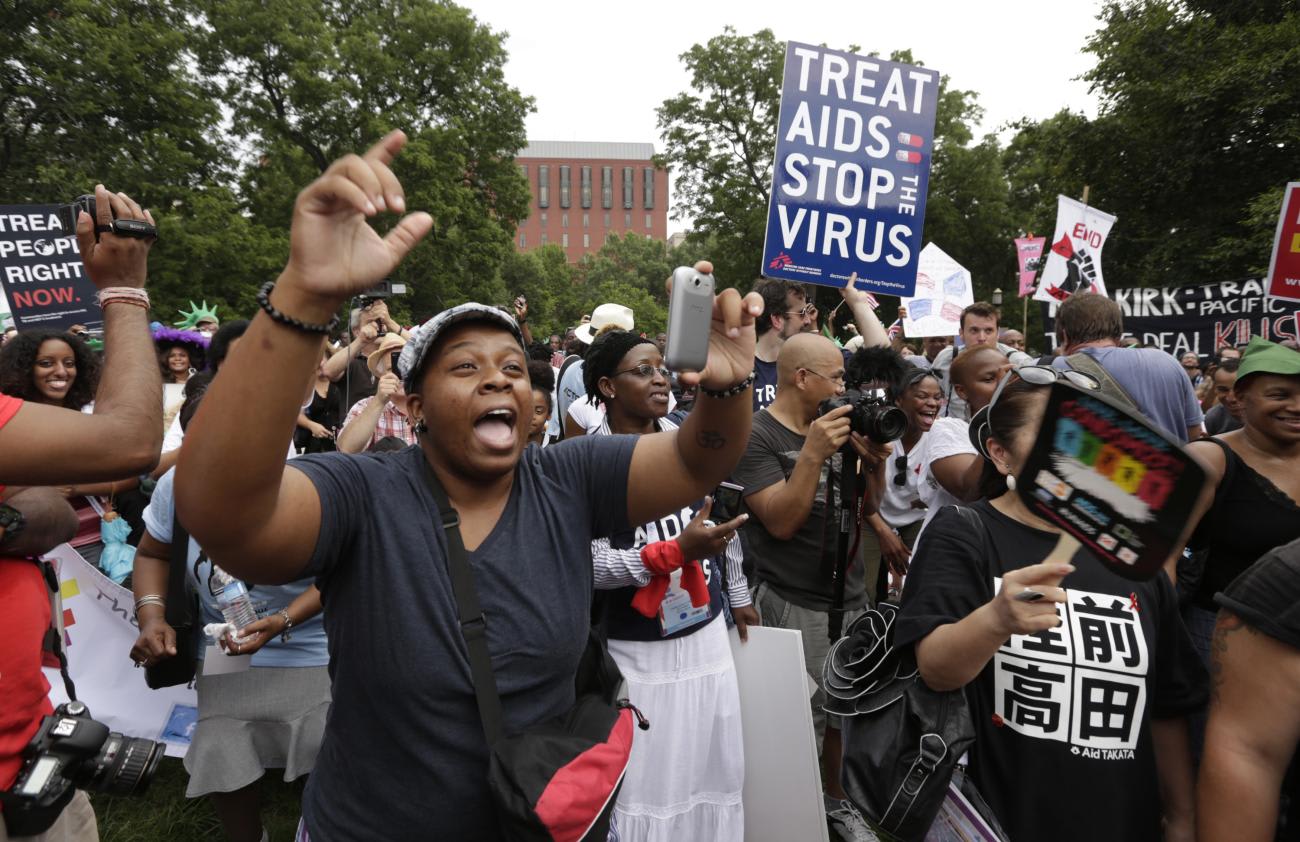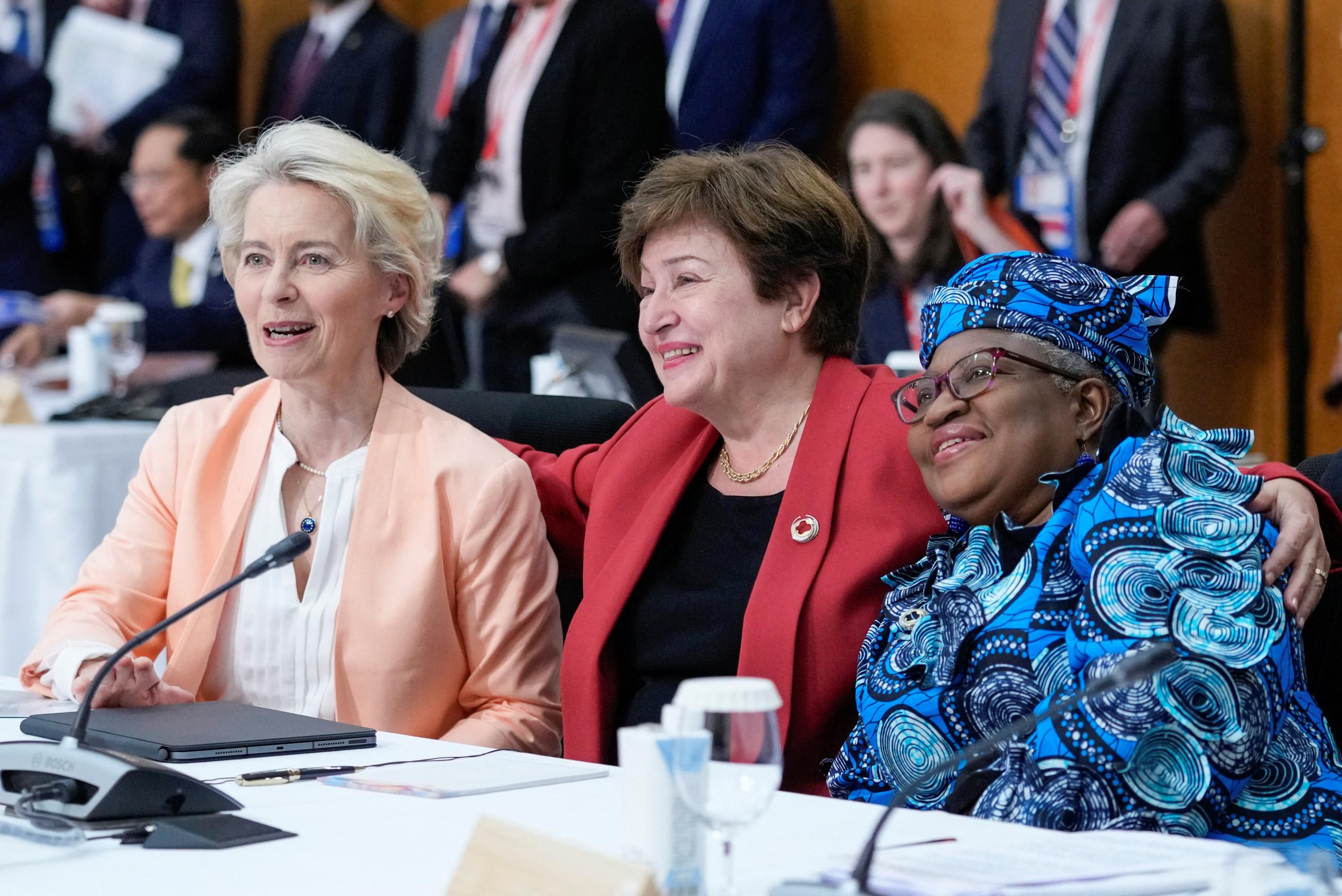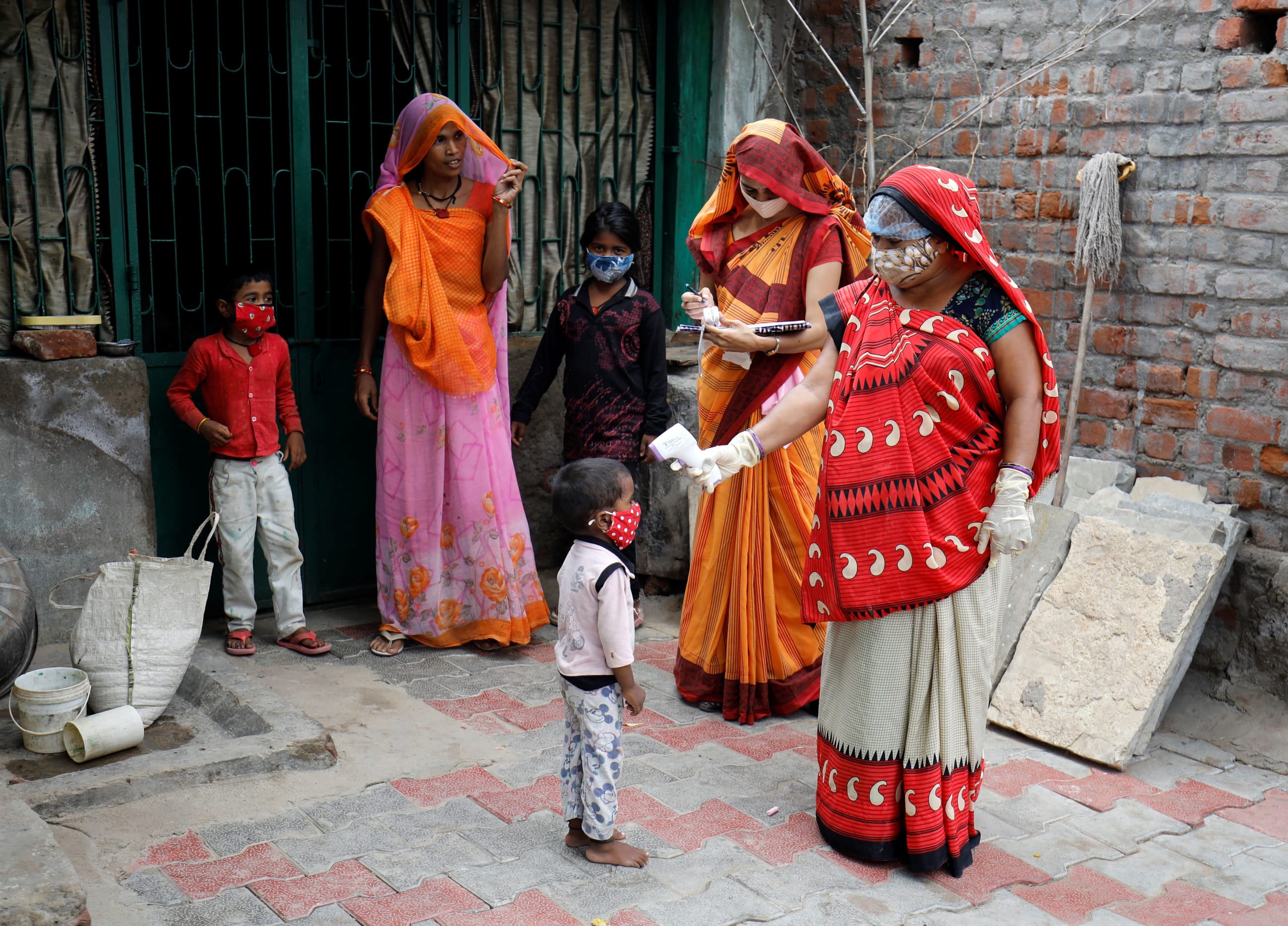In June 2021, Think Global Health began hosting a commentary series on U.S. foreign policy and global health. The series addressed many issues, but COVID-19 dominated. The pandemic posed grave health threats, and responses to it revealed problems within and beyond the health sector. Today, COVID-19 is no longer a national or international emergency, which signals that global health has entered new, uncharted territory.
Think Global Health is continuing the series on U.S. foreign policy and global health as governments decide what global health policies to pursue. Policymakers face many challenges, including pandemic preparedness, climate change, noncommunicable diseases, inequitable access to health care, and COVID-damaged social determinants of health. However, this new phase for global health differs because it involves problems in every sphere of political action—local, national, and international.
As the first article in the continued series, this post explores those problems to map the post-COVID political ecosystem that policymakers confront. The ecosystem differs from anything seen in global health since World War II. The differences between it and the post–Cold War period are particularly striking and highlight how much the political contexts in which health policy functions have changed. Understanding this transformation is important in identifying what policy forums and levers are best to shift domestic and international politics in directions helpful for population health within and among nations.
Health became more prominent in foreign policy when U.S. dominance created a unipolar international system in which democracy was ascendant
Cause and Effect
The COVID-19 pandemic triggered evaluations of what went wrong and calculations of how to avoid a similar fiasco in the future. Such efforts often did not address changes in domestic and international politics that emerged as the post–Cold War era unfolded. These changes reset the political environment in which governments confronted health threats. The impact of this reset can be probed using an analytical framework originally developed to study the causes of war.
In Man, the State, and War: A Theoretical Analysis (1959), Kenneth N. Waltz explored whether human nature, the type of governmental regime, or the nature of the international system best explains why wars happen. Scholars adapted this approach in developing three levels of analysis for analyzing international relations: the individual, the state, and the international system. Applying this framework reveals how much the political landscape for global health changed after the Cold War.
Health became more prominent in foreign policy when U.S. dominance created a unipolar international system in which democracy was ascendant. This combination gave governments incentives to elevate global health as a national interest and for civil society groups, such as nongovernmental organizations, to influence policies. In terms of levels of analysis, the nature of the international system and spread of democracy supported actions that produced global health leadership by the United States and other democracies. These systemic and ideological shifts empowered individual engagement through civil society activities, such as human rights activism for global access to HIV/AIDS drugs.

However, by the 2010s, the structure of the international system, the types of governmental regimes, and the involvement of civil society were changing. Balance-of-power politics returned as China, Russia, and likeminded countries challenged U.S. primacy. Authoritarianism spread and democracy declined, reigniting ideological competition. Authoritarian politics exhibited intolerance for civil society groups, shrinking the space in which these actors could operate. The social media–fueled rise of nationalism and populism in the United States and other democracies made domestic politics and civil society activism more partisan.
The impact of these changes emerged during the COVID-19 crisis. The pandemic became geopolitical fodder for the United States and China. Despite decades of global health leadership, the United States and other democracies performed badly, feeding narratives about the West's decline. Governments in every region exploited COVID-19 to adopt authoritarian policies targeting political dissent. The pandemic produced civil society activities in the United States hostile to international cooperation, nonpharmaceutical and pharmaceutical interventions, and public health agencies and officials.
Response and Remedy
In the post-pandemic world, foreign policy faces a balance-of-power international system, ideological competition over governmental regimes, and divisive civil society politics. The imprint of this transformed political ecosystem appears in debates about how to address global health crises, including pandemics, climate change, food security, and social determinatives of health. Global, harmonized approaches are receding as states variously pursue coalitions of the like-minded, regional autonomy, geopolitical nonalignment, health sovereignty, and nation-centric ways to rebuild public trust.
Rhetoric about restoring U.S. global health leadership confuses nostalgia for strategy
In this ecosystem, policymaking will reflect a contested, contingent heterogeneity in why, where, and how governments cooperate on global health. Such heterogeneity will make policy innovation and progress challenging but does not preclude meaningful, iterative improvements, such as enhancing disease surveillance, diversifying the geography of countermeasure production, sharing new technologies, and catalyzing climate adaptation capabilities. Treated functionally, most global health problems have policy prescriptions informed by science and epidemiology. Such a pragmatic approach needs to be pluralistic in operating, as much as possible, without ideological purity or geopolitical pretensions.
Ready or Not
In a recent Council on Foreign Relations report, I argued that "U.S. foreign policy on global health faces the worst domestic and international conditions it has ever encountered." Multiple crises afflict the world, ranging from the war in Ukraine to waves of extreme heat related to climate change. Multipolarity in the international system complicates — and often kneecaps — collective action, as seen during COVID-19 and as is happening with climate change. Ideological competition between democracy and authoritarianism affects the political will to confront common threats. Civil society activism is increasingly repressed in authoritarian states and has riven open societies about how to handle domestic and foreign policy issues.
In this context, rhetoric about restoring U.S. global health leadership confuses nostalgia for strategy. As the levels-of-analysis framework illustrates, the political conditions that enabled such leadership are gone. Now, the United States should reexamine its national interests in global health, formulate policies and capabilities that protect and advance those interests, and craft new ways of working with other governments, international organizations, and civil society.
The multipolar, multicrisis starting point for these tasks is inauspicious, but such "present at the creation" moments for U.S. foreign policy often arrive when the political stars do not align in ways that portend success.













